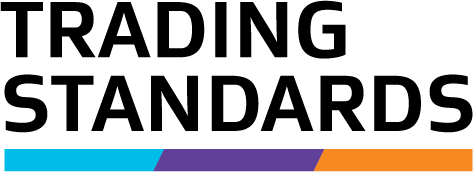Liquor
You don't have to sell liquor by measure. But if you do state a measure, it must be accurate.
Selling liquor by measure
Your measuring instruments will be deemed to be 'in use for trade', so must be:
- of an approved type, and
- verified by an Accredited Person or Trading Standards.
Beer and cider
Beer and cider are traditionally sold by description — that is, by the glass or the jug — rather than by measure. However, if they're sold by measure this must be done using a metric unit of measurement.
Wine and spirits
Wine and spirits are also usually sold by description — that is, by the glass, carafe, bottle, or nip — rather than by measure. However, if they're sold by measure this must be done using a metric unit of measurement.
Measuring instruments for spirits
Trading Standards tests and approves weighing or measuring instruments, including those that importers wish to bring into New Zealand. We encourage manufacturers and importers of spirits dispensers to have these instruments approved.
If the country of origin of imported dispensers is a full member of the International Organisation of Legal Metrology (OIML), we can recognise the Certificate of Approval that applies to the dispenser and approve it without the need for a full range of tests.
We can provide you with information on approved types of spirit dispensers that can be used for trade.
Penalties for breaching the Weights and Measures Act
Under the Weights and Measures Act, it's an offence to:
- use a false or unjust weight or measure, or a weight or measure that's not approved as required under the Act
- deliver a lesser quantity of goods than purchased where goods were sold by weight, measure, or number.
Depending on the offence, you could be issued with an infringement notice and required to pay a fine of up to $500. Alternatively, you could be charged in the District Court with breaches of the Act. Depending on the offence, you could be subject to a higher penalty.
